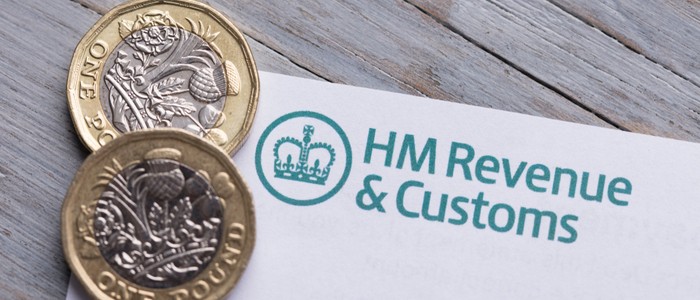Since the start of the COVID-19 pandemic, the UK government has been supporting small businesses through various loan schemes. Hundreds of billions of pounds were invested into economic support packages to keep employers and their employees afloat during a difficult time for many.
Unfortunately, a small percentage of fraudsters managed to claim some of this money under false pretences, effectively stealing billions of taxpayers’ money. In response, the government formed the Taxpayer Protection Taskforce (TPT) in 2021, which will continue investigating until 2023.
So, what exactly is the TPT doing to tackle COVID-19 fraudsters, and what does this mean for your business if you claimed COVID-19 relief during the pandemic?
What is the Taxpayer Protection Taskforce?
Since its formation and funding last year, the TPT
department of HMRC has been and continues to investigate businesses they suspect of fraudulently claiming COVID-19 relief. The 1200+ strong Taskforce
is aiming to recover at least £1.5 billion from around 30,000 ongoing investigations.
Additionally, the Coronavirus Job Retention Scheme is anticipated to have lost over £5 billion to fraudulent furlough claims, and the Bounce Back Loan Scheme has lost an estimated £18 million. To this end, the Taskforce will be scrutinising suspicious claims under schemes like the following:
- Coronavirus Job Retention Scheme (CJRS)
- Self-Employment Income Support Scheme (SEISS)
- Coronavirus Statutory Sick Pay Rebate Scheme (CSSPRS)
- Bounce Back Loan Scheme (BBLS)
- Eat Out to Help Out Scheme (EOHO Scheme)
- Coronavirus Business Interruption Loan Scheme (CBILS)
While some of the losses will be written off, the Taxpayer Protection Taskforce will continue to investigate and prosecute anyone who has misused any of the pandemic support schemes.
How is the Taxpayer Protection Taskforce investigating businesses?
When the coronavirus support schemes were accepting applications, there were automated digital checks in place that helped the government to block over 100,000 incorrect claims between 2020 and 2021. However, thousands of fraudulent claims managed to slip through HMRC’s net.
To catch these criminals and reclaim the taxpayers’ money, the Taskforce’s ongoing activities include written communications and one-to-one enquiries. Data analysis is helping the team to identify discrepancies, which prompts HMRC to contact the business and request further evidence.
When making the claim, businesses should have been advised that they must keep certain records for up to 6 years in case of HMRC
investigations, so any honest claimant should have documented proof to support their claim. For example, the information HMRC asks for is likely to include:
- The claim reference number
- Financial calculations determining claim amount
- Employee records (including hours worked and paid sick days)
If the Taskforce flags a claim with a small risk of fraud or an apparently unintentional mistake, they will simply write to the business and ask them to review their claim. This prompts honest claimants to voluntarily disclose overpayments if they discover an accidental error upon checking their claim.
Should they discover a case with complex risks, where they anticipate deliberate fraud, then the Taskforce will take bespoke measures to discuss the claim with the business one-on-one. Their main target is those who purposefully defrauded the schemes, so they won’t investigate every little error.
What if I made an honest mistake when claiming COVID-19 relief?
Of course, HMRC is aware that most businesses have been under a lot of pressure during the pandemic, and that circumstances often changed quickly as variants spread and case numbers rose and fell. This is why the Taskforce is making a proportionate response to each incorrect claim.
The Taskforce will be more lenient towards businesses that inadvertently made a genuine mistake – especially if the business voluntarily discloses the details. According to HMRC, penalties will be reasonable and they will mostly be supportive in such cases of truly accidental overpayments.
If you believe your business may have made an honest mistake and misrepresented your earnings, employee hours, or anything else in your claim, you can report this through the online
HMRC disclosure service. Even if you haven’t been contacted about a compliance check, it’s best to get ahead of things and make a voluntary disclosure. You may need an accountant
to assist you.
Does your business need help with reviewing a COVID-19 relief claim, complying with a HMRC or TPT investigation, or challenging the result of a HMRC enquiry? Our accountants in Barnsley, Leeds and Sheffield could help – just give GBAC a call on 01226 298 298 or email us at info@gbac.co.uk for expert guidance.
